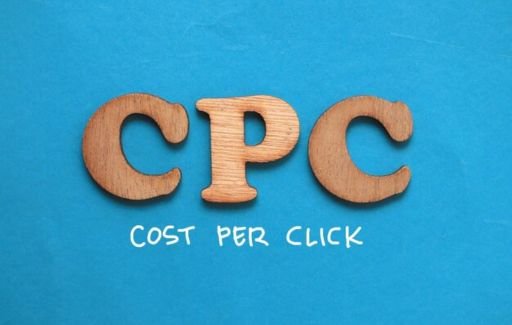


In the world of digital marketing, you'll inevitably come across the abbreviation "CPC." But what does this three-letter acronym stand for? CPC is short for "cost per click," an important metric used to evaluate the cost-effectiveness of pay-per-click (PPC) advertising campaigns.
CPC, or cost per click, refers to the amount of money an advertiser pays each time someone clicks on their ad. It is calculated by dividing the total cost of a PPC ad campaign by the number of clicks that the ad receives.
For example, if an advertiser spent $1,000 on a PPC campaign and their ads were clicked 500 times, the CPC would be $2 ($1,000 campaign cost / 500 clicks). This $2 cost per click lets the advertiser know how much they are paying whenever a potential customer interacts with their ad.
CPC is one of the most fundamental metrics in PPC advertising on platforms like Google Ads, Facebook Ads, and more. It provides advertisers with crucial insights into factors like:
Essentially, CPC helps PPC advertisers maximize their ad spending. Monitoring this metric guides critical optimizations to get more clicks and conversions at the lowest cost.
Now that we know why CPC matters, let's look at how this metric is calculated:
The basic formula is:
Or more simply:
Some key details about calculating cost per click:
Understanding the above formula and the factors involved with calculating CPC is essential for PPC advertising. Monitoring and optimizing this metric leads to lower click costs and maximum return on ad spend.

CPC varies widely across industries, keywords, and PPC platforms. Here are some real-world examples of typical CPC values:
As shown above, CPC varies widely across platforms and industries. Continuous monitoring is crucial for controlling PPC costs.
Here are some top tips advertisers can follow to lower their CPC and get more bang for their PPC advertising buck:
With constant monitoring and optimization using the above tips, advertisers can steadily improve their PPC cost per click over time.
In summary, cost per click (CPC) measures the average cost incurred each time someone clicks on a PPC ad. This core metric gives vital insight into factors like competition, ad relevance, campaign profitability, and more. Continuous tracking and refinement of CPC helps advertisers maximize their PPC ad budgets.
Armed with knowledge on how to calculate CPC and tactics to lower it, any advertiser can make the most of their digital marketing investments. So the next time you see that three-letter abbreviation, you'll know that CPC simply means smarter PPC through optimized cost per click.
A: CPC stands for "cost per click," which is the amount an advertiser pays each time someone clicks on their pay-per-click (PPC) ad. It's a key metric used to evaluate the performance of PPC ad campaigns.
A: Cost per click is calculated by taking the total cost of a PPC ad campaign for a set period and dividing it by the total number of clicks that the ad received during that same period. The basic formula is CPC = Total Ad Cost / Total Clicks.
A: Monitoring CPC helps advertisers maximize the effectiveness of their PPC ad spending. Factors like high competition, poor landing pages, or irrelevant keywords can increase CPC. Paying attention to this metric enables optimizations to decrease cost per click.
A: Average CPC varies widely by industry, keyword, and PPC platform. On Google Ads, CPC ranges from $1-$5+ across keywords. On Facebook, CPC is typically $0.50-$2. While on Amazon Sponsored Products, CPC is lower at around $0.05-$1 per click.
A: Optimizing PPC ad copy relevance, granular keyword bidding, landing page experience, quality score, negative keywords, and ad extensions can all help lower the cost per click. Analyzing metrics and trends is key for identifying high-cost areas to focus improvements on.
In conclusion, cost per click is a valuable metric that gives PPC advertisers insight into the effectiveness of their campaigns. By continuously monitoring CPC and making optimizations to improve it, marketers can get the most out of their ad budget and drive more qualified traffic to their site.
Keeping a close eye on cost per click helps maximize return on PPC ad spend.